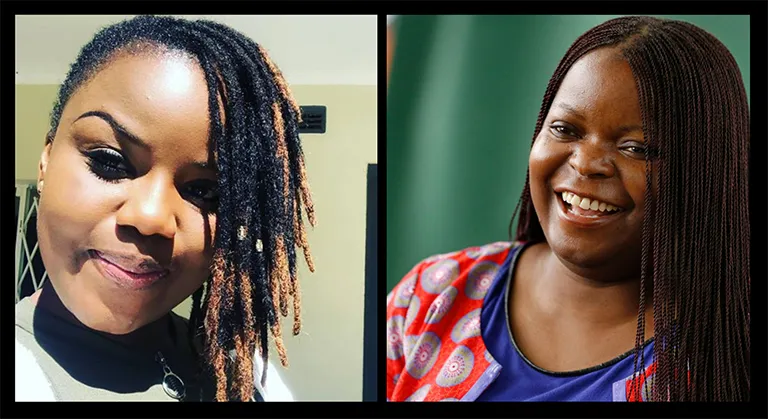In a landmark ruling, High Court Justice Joseph Mafusire dismissed a recusal application filed by Petina Gappah, a renowned lawyer and award-winning author, in a defamation lawsuit brought against her by opposition politician Fadzayi Mahere. The judge’s decision, which included an order for Gappah to cover the highest scale of legal costs, has sent ripples through the legal community.
Gappah, represented by Jessie Majome & Co and Advocate Tinomudaishe Chinyoka, had sought the recusal of Justice Mafusire on grounds of alleged bias and prejudice favoring Mahere. The defendant cited the judge’s prior rulings and a claimed undisclosed personal relationship with Mahere as evidence of this bias.
However, Justice Mafusire, in a detailed judgment, refuted these claims, branding the application as “an unmitigated absurdity” and an “affront to the dignity of the court.” He went on to describe Gappah’s accusations as “scurrilous” and “condescending,” underlining that the matters raised had been thoroughly examined in earlier decisions.
The court’s critique extended to Gappah’s legal team, with Justice Mafusire admonishing them for drafting a “derogatory” founding affidavit and failing in their duty as court officers. The judge underscored the inappropriateness of their actions, calling for them to explain why they shouldn’t be personally held liable for the costs incurred by their application and why their conduct shouldn’t be reported to the Law Society of Zimbabwe.
The controversy stems from Gappah’s alleged defamatory tweets about Mahere, including claims of illegal enrollment at universities and an attempt to seduce Gappah’s boyfriend. Mahere, represented by Coghlan, Welsh & Guest law firm, is seeking US$1 million in damages, arguing that Gappah’s statements severely damaged her reputation.
Justice Mafusire’s ruling paves the way for the defamation case to proceed, setting a date for further hearings. The decision has been hailed as a significant moment in Zimbabwe’s legal landscape, highlighting the judiciary’s commitment to maintaining the court’s dignity and integrity amidst challenging accusations.
This ruling has drawn significant attention, underscoring the delicate balance between freedom of expression and the protection of individuals’ reputations. As the case moves forward, the legal and general community eagerly awaits its outcome, which promises to have lasting implications for defamation law in Zimbabwe.








